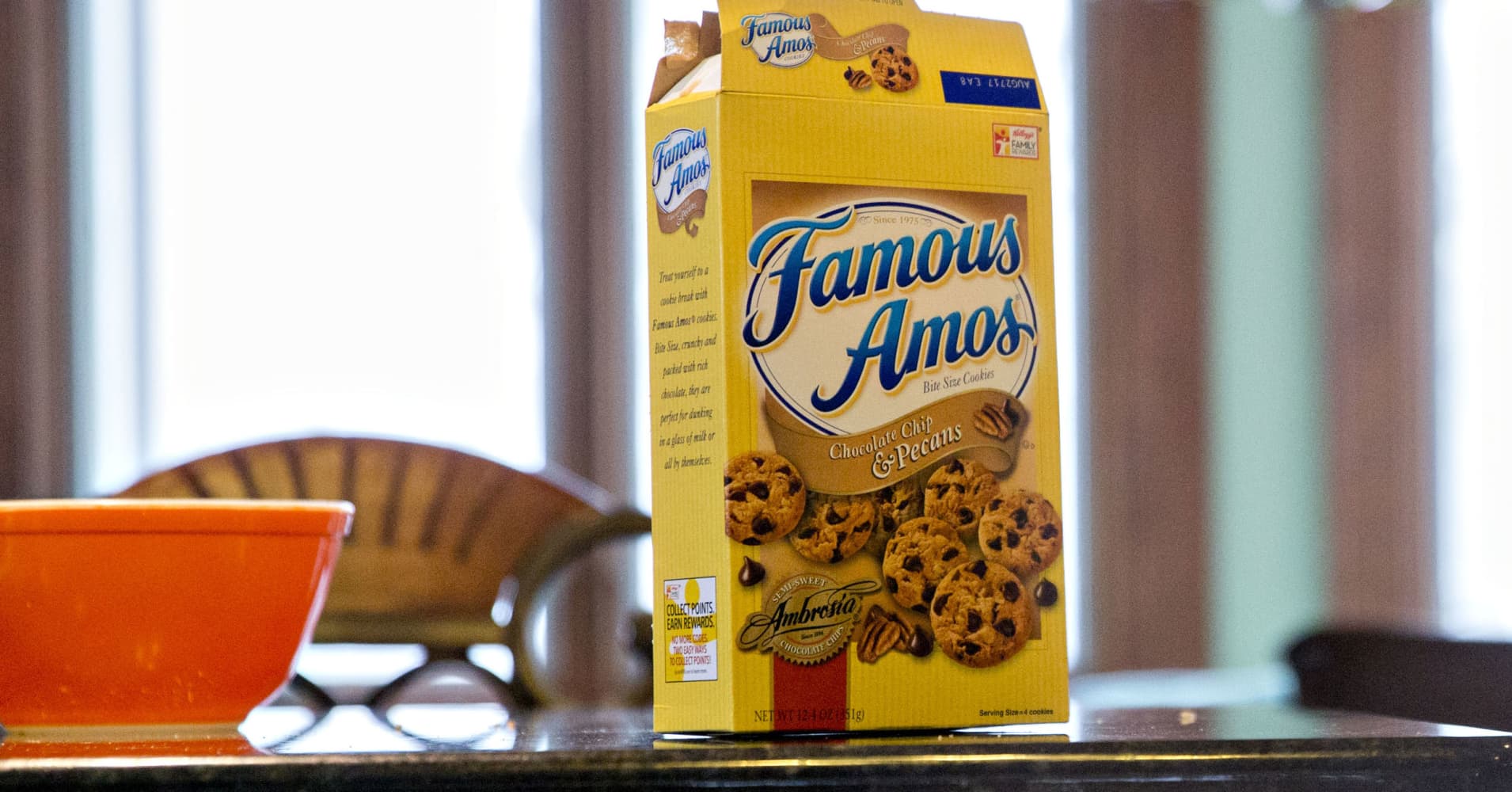
Kellogg announced plans Monday to sell its Keebler, Famous Amos and fruit snacks businesses to Nutella-owner Ferrero for $1.3 billion.
Ferrero beat out lead contender Hostess Brands for the Kellogg cookie assets, people familiar previously told CNBC. The owner of Twinkies and Ho-Hos had been looking to acquire the Keebler business through a "Reverse Morris Trust." The Reverse Morris Trust or RMT is an unusual deal structure that allows for a tax-efficient combination of two similarly sized companies.
The deal is the latest in a string of acquisitions for Ferrero. The company, founded in Italy as a family business in 1946, first entered the U.S. market in 1969 with its Tic Tac mints. Over the past two years, its built up that foothold, buying Ferrara Candy Company for $1 billion and Nestle's U.S. candy business for $2.8 billion. Its array of brands now include Butterfinger, SweeTARTS, and Crunch.
Its U.S. strategy has been to buy brands that, like Nestle's candy business and Kellogg's cookie business, have been neglected within broader food companies' portfolios. It plans is to pour its resources into reinvesting and modernizing those brands. Already, it has rolled out a "better Butterfinger" with larger peanuts, more cocoa and milk and no hydrogenated oils.
Kellogg, meantime, is paring back its portfolio to focus on brands it can revive,like Pringles, Cheez-Its, and Rice Krispies Treats. Shares of Kellogg, which has a market capitalization of $19.72 billion, are down nearly 11 percent over the past year.
"We need to make strategic choices about our business and these brands have had difficulty competing for resources and investments within our portfolio," Kellogg CEO Steve Cahillane said in a statement when announcing the planned divestitures.
The Corn Flakes-owner acquired Keebler in 2001 for $4.4 billion. At the time, part of its draw was the cookie brand's "direct-store delivery" platform, through which employees place the company's own products in stores, rather than ship from warehouses. So-called DSD gives a food company more control over ensuring proper display in grocery and convenience stores. But as in-store sales of products like cookies have fallen, it is less economical. Kellogg has since dropped DSD distribution.
Watch: Kellogg explores selling cookie and fruit snack business
No comments:
Post a Comment